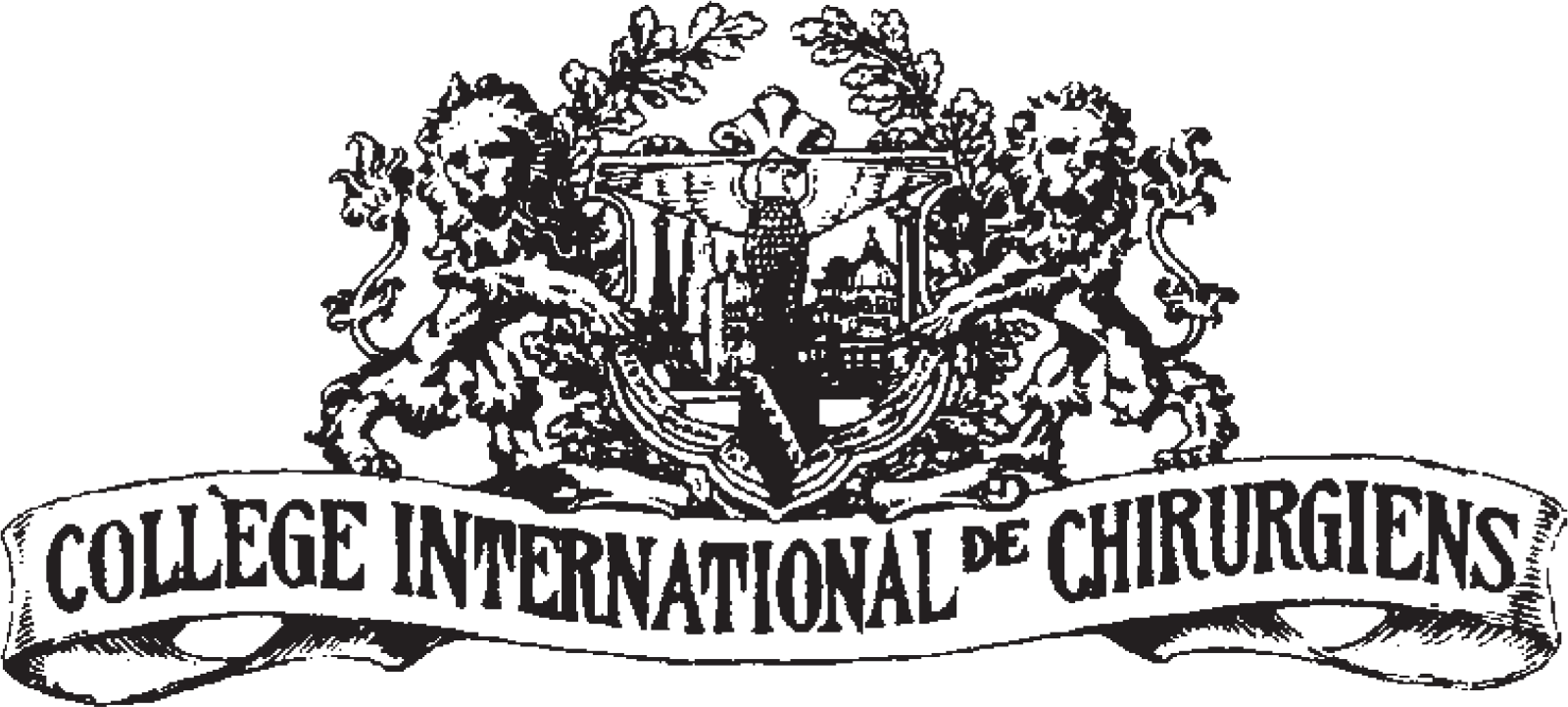The effect of Covid-19 on bariatric surgery patients in Türkiye: the risk, weight gain, psychological symptoms
The COVID-19 pandemic has created significant effects both psychologically and physiologically around the world. Since obesity causes respiratory disorders, psychological disorders, and comorbidities, obese individuals are at higher risk for complications of the COVID-19 virus. The aim of this study is to compare the physiological and psychological effects against COVID 19 infection between patients who underwent BS during the pandemic period and patients who did not. A total of 307 participants were included in this study. The COVID-19 Psychological Distress Scale and a survey consisting of 40 questions were administered to the participants. Patients were divided into two groups: those who underwent bariatric surgery (Group BS) and those who did not undergo surgery (Group NBS). Data were analyzed using SPSS (Statistical Package for Social Sciences). In this study, it was found that bariatric surgery significantly reduced the severity of physiological and psychological symptoms associated with Covid 19 (p=0.00). It was also seen to reduce the presence of obesity-related diabetes, hypertension, sleep apnea, asthma and insulin resistance. The use of vitamin D, vitamin C, multivitamin, protein powder, iron, vitamin B12 and zinc was found to be statistically significantly higher in patients who underwent bariatric surgery (p<0.05). According to the results of this study, the bariatric surgery group has a lower risk of physiological and psychological symptoms against the COVID-19 virus compared to the non-surgery group, thanks to the management of chronic diseases and improvement of some psychological symptoms.ABSTRACT
Introduction:
Method:
Results:
Conclusion:
Contributor Notes
Author contributions: AD: Analysis, interpretation, writing the article, critical revision of the article, and literature review. UK: Study design, analysis, interpretation, writing the article, critical revision of the article, and literature review.
Conflict of Interest and Funding: I and all authors have no conflict of Interest and financial support.

